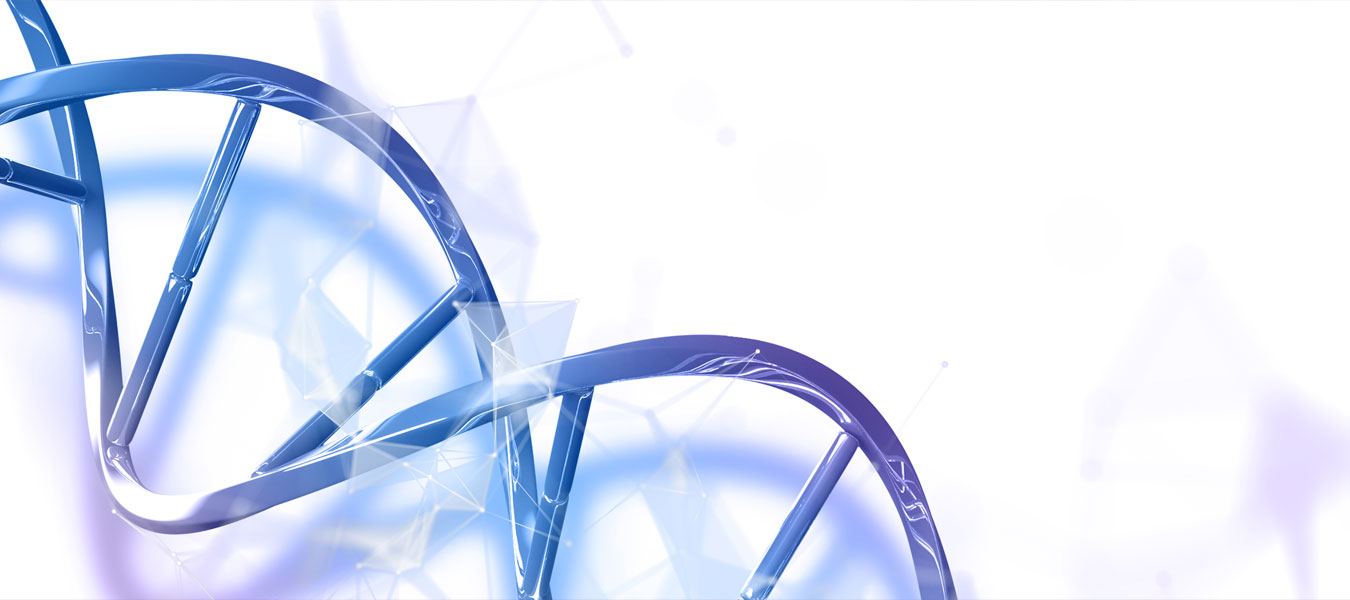precision therapies
One of the main goals of our lab is to find next generation therapies. Recent advances in genome sequencing, new discoveries about mechanisms of diseases and the appearance of nanomedicine as a new biomedical field is allowing us to generate precise treatments for almost any human condition. «No doubt the future of medicine is in precision treatments». Our lab pioneer some of the new approaches to these novel strategies to treat conditions affecting bone, cartilage and inflammation.
1. New therapies against Osteogenesis imperfecta
Osteogenesis Imperfecta (OI) is one of the most common genetic syndromes affecting skeleton. It causes brittle bones, skeleton deformities and pulmonary insufficiency among other complications. It is mainly caused by mutations in genes that code for Type I collagen or proteins that are involved in its synthesis. Until recently, the mechanism of this disease was only explained by structural defects of the collagen in the extracellular matrix of bones, however, this mechanism never explained other aspects of the disease like reduced bone growth rate or progressive pulmonary disease. According with this limited knowledge of the mechanism of disease, only one limited treatment available for OI patients is the use of anti-catabolic drugs like bisphosphonates, which partially improve the bone quality by reducing bone resorption. Our group is now making an active search for new approaches that cover the limitations of conventional treatment for OI. Our main target is the mechanism of cellular stress but we are also exploring other inflammation related alternatives.
2. Skeletal specific therapies
The precision medicine approach is not only focused in the mechanisms of diseases in search of new therapeutic targets: A necessary step forward must include a way to reach the specific tissues to increase the therapeutic effect and diminish the secondary effects. Our lab actively explores ways to target bone and cartilage to promote skeletal health and regeneration through immunological and chemical compounds.

1. New therapies against Osteogenesis imperfecta
Osteogenesis Imperfecta (OI) is one of the most common genetic syndromes affecting skeleton. It causes brittle bones, skeleton deformities and pulmonary insufficiency among other complications. It is mainly caused by mutations in genes that code for Type I collagen or proteins that are involved in its synthesis. Until recently, the mechanism of this disease was only explained by structural defects of the collagen in the extracellular matrix of bones, however, this mechanism never explained other aspects of the disease like reduced bone growth rate or progressive pulmonary disease. According with this limited knowledge of the mechanism of disease, only one limited treatment is available for OI patients mainly through anti-catabolic drugs like bisphosphonates, which partially improve the bone quality by reducing bone resorption. Our group is now making an active search for new approaches that cover the limitations of conventional treatment for OI. Our main target is the mechanism of cellular stress but we are also exploring other inflammation related alternatives.

2. Skeletal specific therapies
The precision medicine approach is not only focused in the mechanisms of diseases in search of new therapeutic targets: A necessary step forward must include a way to reach the specific tissues to increase the therapeutic effect and diminish the secondary effects. Our lab explores actively ways to target bone and cartilage to promote skeletal health and regeneration through immunological and chemical compounds.
